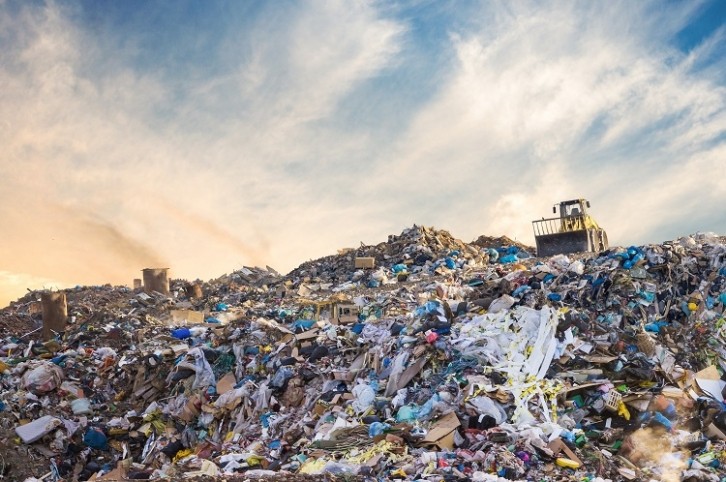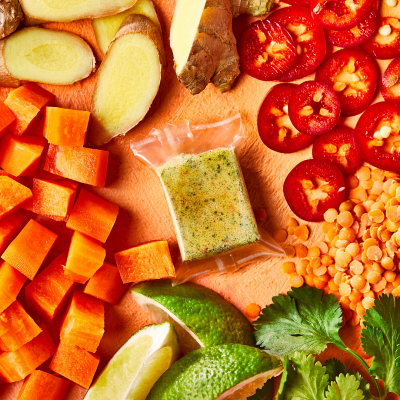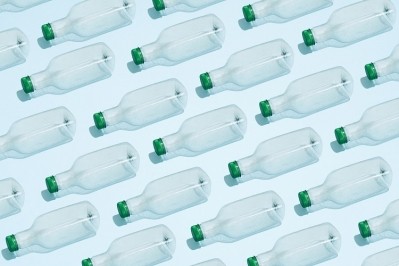UK to ban single-use plastics and EU suggests wide-ranging changes to plastic use

The sweeping restrictions will affect food and beverage manufacturers across the country. Single-use plastic products are made only to be used once.
The ban will affect most types of single-use plastics, even those that are compostable, biodegradable or recycled, and cover both new and existing stock.
The government advises that businesses prepare for the ban by switching to reusable materials or non-plastic materials, as well as use up all their single use plastic stock by 1 October.
Once the ban is in place, businesses can also no longer supply single-use plastic bowls, plates or trays to the public (with a few exemptions) or single-use plastic cutlery and balloon sticks (no exemptions). The ban also covers polystyrene containers.
Exemptions
The ban covers a wide variety of plastics, but not all disposable plastic packaging. For example, plastic soft-drink bottles are not affected. A number of other types of packaging are excluded from the ban as well.
“Packaging, if designed and intended to be filled at the point of sale or pre-filled is the main exclusion for consumer facing retailers,” Jessica Burt, food and beverage lawyer at Mills & Reeve, told FoodNavigator, “and this therefore will include: Paper or plastic carrier bags, disposable plates and cups, cling film, sandwich bags etc.
"Additionally, polystyrene containers are also permitted if the food or drink needs further preparation before it is consumed (add water, toasted, microwaved).
“Where there is a distinction provided that is dependent on the actions taken by the retailer and this is covered by broad guidance there will always be some scenarios where there is room for interpretation i.e. enforcement will be looked at on a case by case basis.”
Changing direction
Because of the ban, companies will need to reformulate their packaging. “Difficulties for companies will be primarily,” Burt told us, “sourcing alternative supply and costs of this, and using up excess stock – companies are allowed to sell through however there is a finite time period for this.
Thirdly, how it affects the consumer: “consumer safety, food safety and food waste should also be considered wherever there is a specific change in food provision. This should be reviewed on a case-by-case basis by the food business and HACCPs and risk assessments reviewed and recorded where there are any changes.”
Plastics in the EU
UK restrictions are not the only ones being considered. In the EU, the ‘Proposal for a revision of EU legislation on Packaging and Packaging Waste’ sets out wide-ranging restrictions over plastic packaging that will affect the whole life-cycle of EU plastic, trying to make the process more sustainable and to reduce plastic waste.
The legislation could affect a range of very specific types of packaging, from sticky labels on fruit to coffee pods. For example, it specifies that packaging should outline its composition on pack so that the consumer can recycle it properly.
The reforms it proposes would take place over the coming decades. They are extensive, and some are completely new.

“This proposal represents a seismic shift into defined recycling requirements, specific targets and mandatory standards across Europe by way of the use of a Regulation,” Burt told us.
“It is likely that aspects of this such as targets for packaging waste reduction and mandatory reuse or refill targets in sectors such as retail and catering. Packaging to be conceived and designed with the objective of being reused or refilled as many times as possible . . . are likely to become more broadly applied across the UK as well as the EU.”
According to Burt, the concepts at the heart of such an agreement – recycling targets, reducing landfill and overall extension of producer responsibility – are likely to remain applicable.
However, it’s the specifics where producers will struggle. “The difficulty will come where enforcement action is needed in deciphering where the exemptions begin and end,” Burt told us, “especially with the cost pressures the enforcement agencies are under.”

























